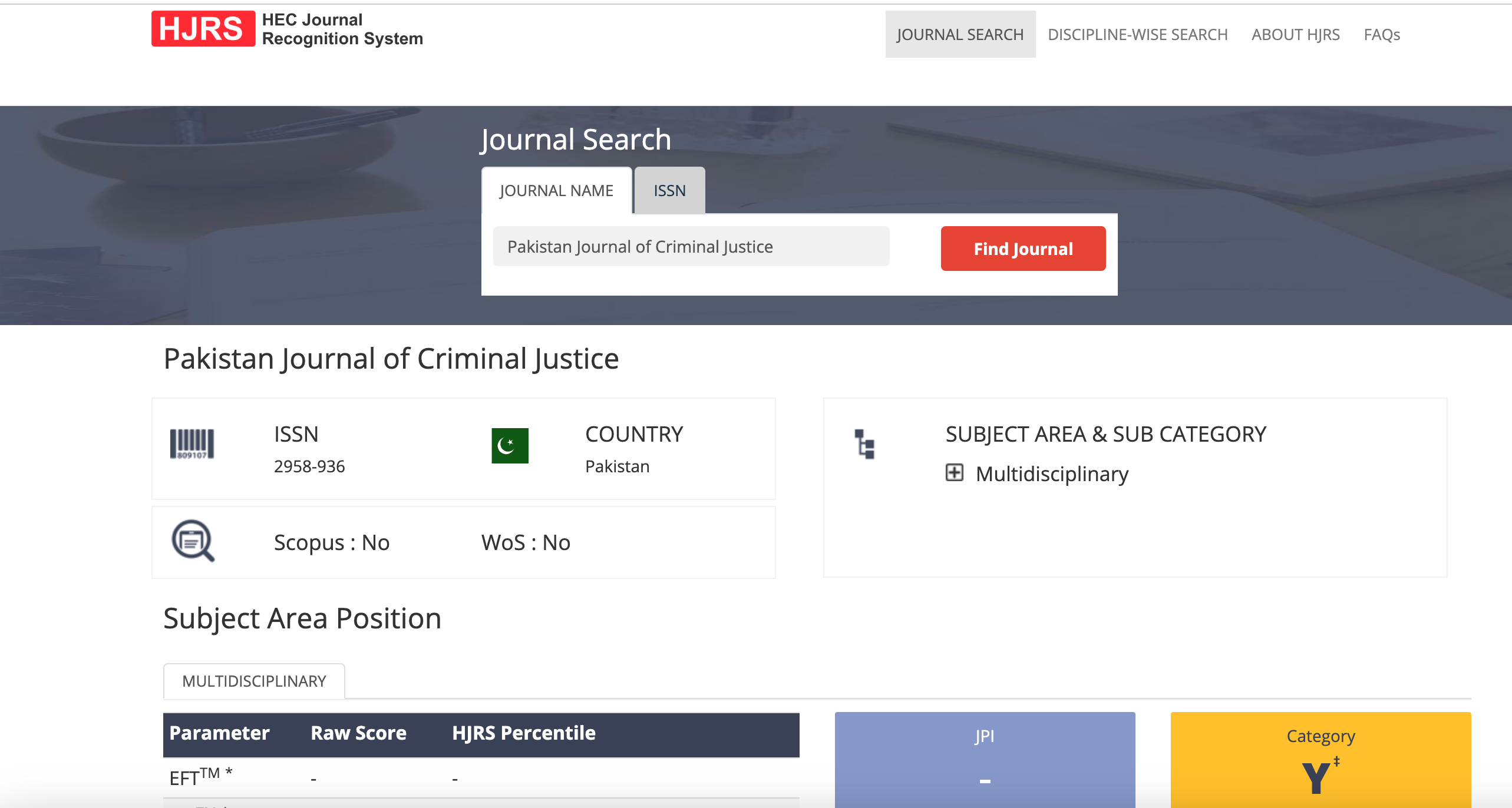A Critical Analysis of the procedure of appointment of Judges in the Superior Courts of Pakistan
Keywords:
Judicial Appointments, Independence of Judiciary, Separation of PowerAbstract
The study covers key aspects of the theory of decentralization. It focuses on the independence of the judiciary in every aspect regarding its functioning and its appointment on higher levels. The basic structure of the Pakistani constitution has been drawn using historical rulings of the superior judiciary and the text of the constitution as the preamble read with article 175(3) of the constitution. The procedure for appointing judges has been critically analyzed from Pakistan’s first constitution of 1956 to the 19th amendment of the 1973 constitution of Pakistan. It explains how the conventional or Pre-18th amendment procedure of appointment was controlled by the Judiciary alone. Resultantly, that procedure lacked all checks and balances. The 18th amendment aimed to change that oversight to ensure the independence of the Judiciary. All factors that have directly or indirectly influenced the relationship between the judiciary and the executive are discussed here. The jurisprudence that influenced the procedure and introduced a different conception of separation was discussed. Concluded whether the current procedure follows the doctrine of decentralization Concluding with proposals in the constitutional field.





